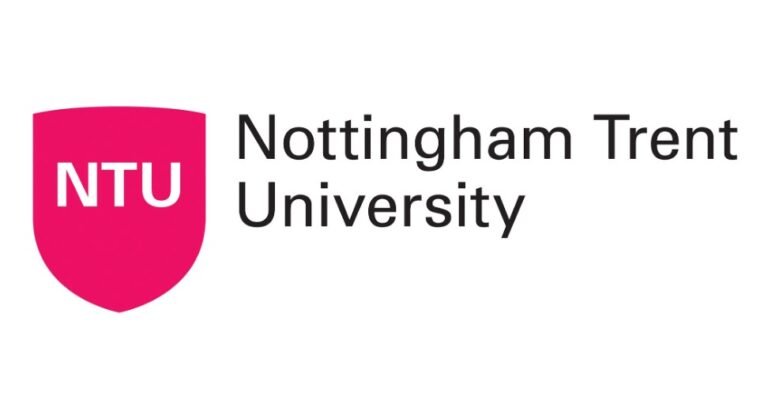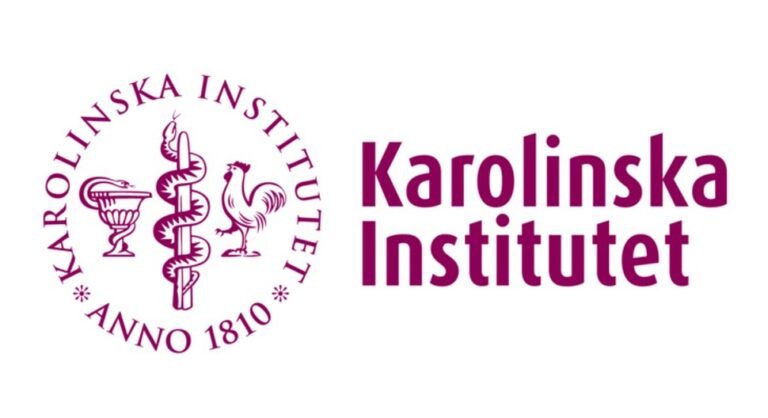Overview
Model co-creation and facilitated modelling are popular methods used in supporting group decision making in industry and public organisations. Facilitated modelling involves developing models and solutions to the problems faced by organisations, led by a facilitator and/or analyst working with stakeholder groups in dedicated workshops. It is believed that facilitated modelling can be useful in supporting client learning and understanding about the problematic situation due to client involvement and shared understanding. It is however not clear how and at what point during the facilitated study, learning is achieved. The purpose of this project is to develop empirical evidence to confirm whether the use of models supports individuals’ knowledge and understanding of their systems.
More specifically the objectives of this project are:
· To develop an understanding of existing facilitated modelling studies and process models in the literature
· To develop a coding scheme that will be used to analyse facilitated workshop outcomes and stakeholder learning and communication.
· To make recommendations on the optimal sequence of activities in model-based facilitated workshops
This project will entail the evaluation of the benefits of facilitated simulation considering the verbal communication and change in participants’ knowledge and understanding towards a problem analysed in facilitated modelling workshops. The project will involve a stage of familiarisation with the literature on group communication and group facilitation and existing process models, with the view to developing a rigorous coding scheme to be used for the evaluation of model-based facilitated workshops. The PhD student will then use this coding scheme to analyse workshop transcripts from previous projects already undertaken in the healthcare context. There will also be opportunities to attend and contribute to live workshops led by the PhD supervisory team, as and when required.
This work will make a significant contribution to the fields of (facilitated) simulation modelling and behavioural operational research.
Members of the supervisory team have undertaken and have a track record in leading a number of studies that demonstrate how simulation models can be developed and used in a facilitated workshop environment (e.g. PartiSim, SIMTGR8 studies). Hence, Nottingham Business School is internationally recognised for its expertise in this field.
Entry qualifications
MSc in business, management or other social science discipline relevant to the topic. Qualitative methodological skills.
How to apply
Applications are open all year round. Please visit our how to apply page for a step-by-step guide and make an application.
Fees and funding
This is a self-funded PhD project for UK and International applicants.
Guidance and support
For more information about the NBS PhD Programme, including entry requirements and application process, please visit: https://www.ntu.ac.uk/course/nottingham-business-school/res/this-year/research-degrees-in-business
Nottingham Business School is triple crown accredited with EQUIS, AACSB and AMBA – the highest international benchmarks for business education. It has also been ranked by the Financial Times for its Executive Education programmes in 2023 and 2024. NBS is one of only 47 global business schools recognised as a PRME Champion, and held up as an exemplar by the United Nations of Principles of Responsible Management Education (PRME).
Its purpose is to provide research and education that combines academic excellence with positive impact on people, business and society. As a world leader in experiential learning and personalisation, joining NBS as a researcher is an opportunity to achieve your potential.




